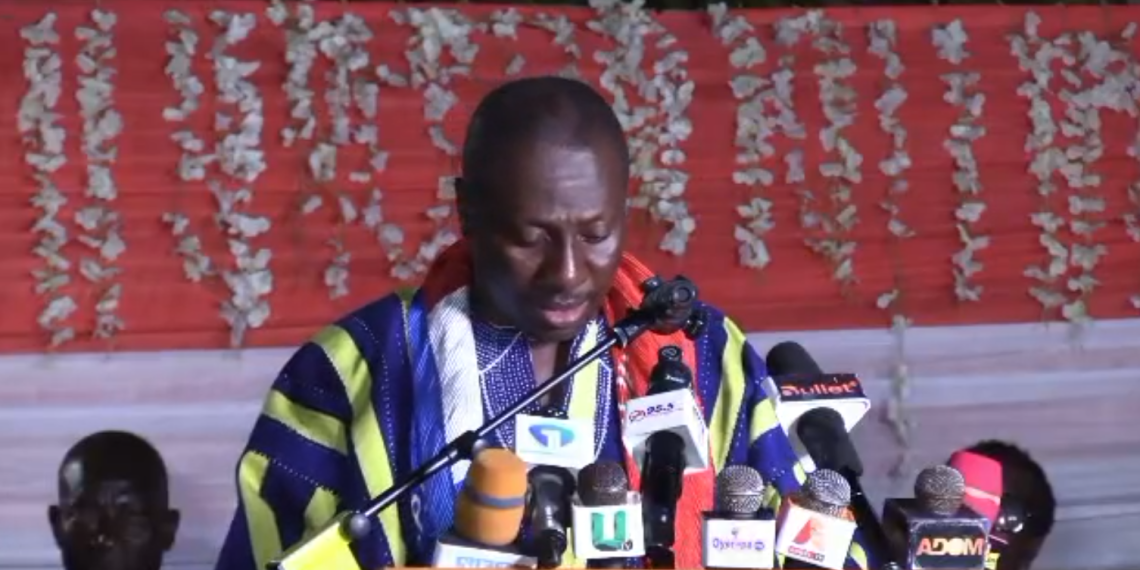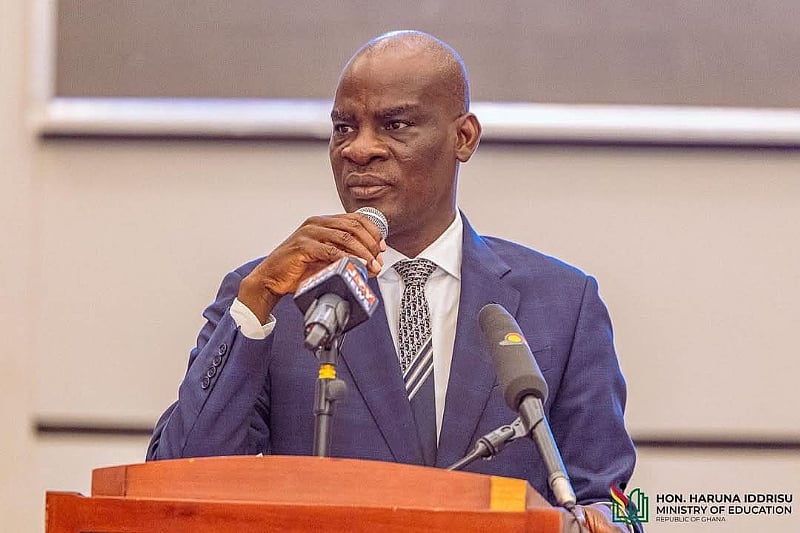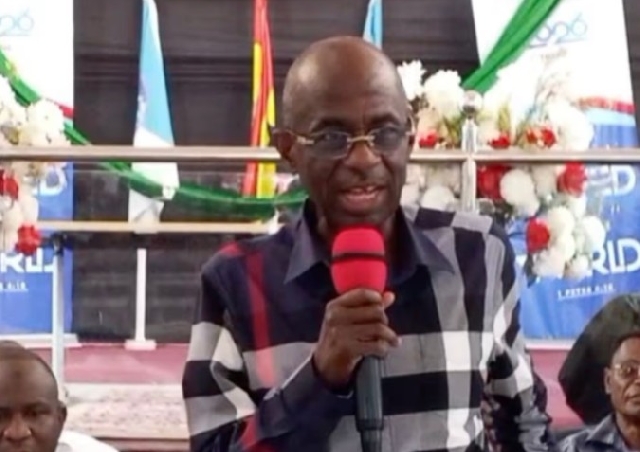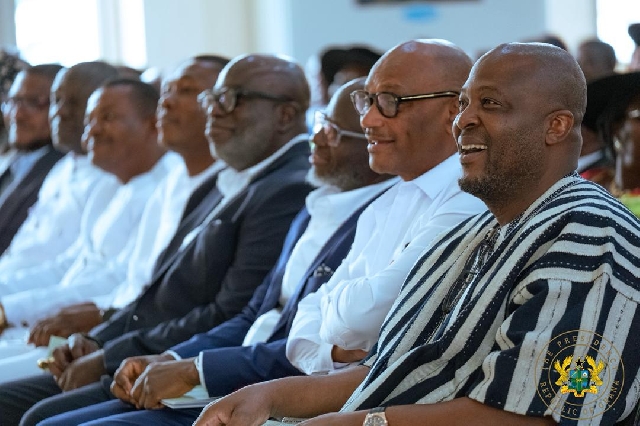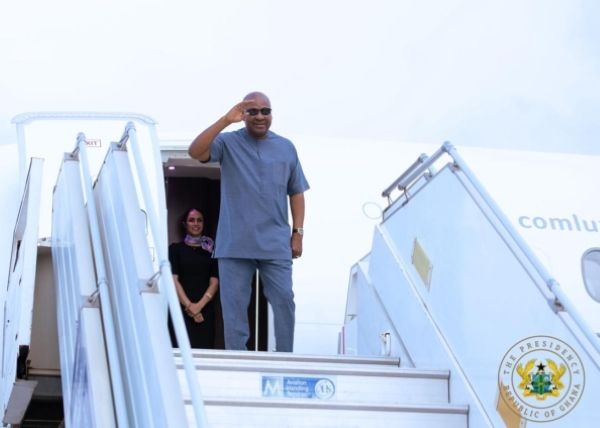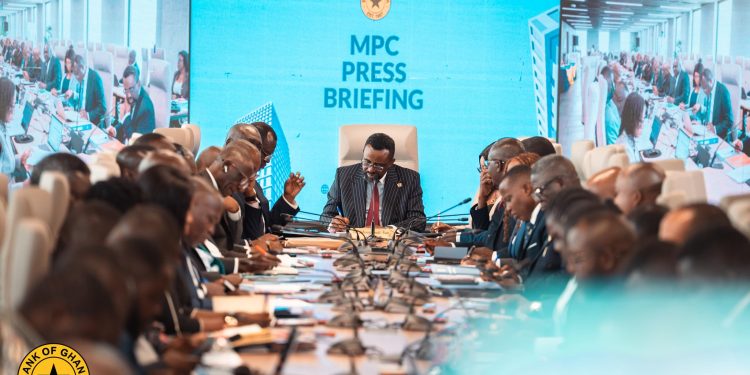Ukrainian President Volodymyr Zelenskyy was in Brussels this past Wednesday, engaged in crucial discussions with NATO chief Mark Rutte and several European leaders as part of Ukraine’s ongoing efforts to strengthen its defenses against the escalating threat from Russian forces.
The urgency of the situation was palpable. Just the day before, Zelenskyy emphasized the need for increased military support for Ukraine, particularly in terms of air defense systems. “We must do everything possible to destroy Russia’s ability to wage war from as far away as possible,” he stated, calling for more drones, modern artillery, and long-range missiles to bolster Ukraine’s military capabilities.
As Zelenskyy prepared for the talks, concern loomed over the future of U.S. support, particularly with the upcoming inauguration of President Donald Trump a month away. The shifting political landscape added a layer of uncertainty to Ukraine’s already precarious situation.
Among the notable figures joining Zelenskyy in Brussels were German Chancellor Olaf Scholz, Polish Prime Minister Donald Tusk, Italian Prime Minister Giorgia Meloni, Denmark’s Prime Minister Mette Frederiksen, European Council President António Costa, and European Commission President Ursula von der Leyen. They gathered at a crucial time, especially as Russia launched further aerial attacks overnight, intensifying the urgency of their discussions.
In the backdrop of the meeting, Ukrainian air defenses were hard at work. Ihor Taburets, the governor of Ukraine’s Cherkasy region, reported that Ukrainian forces successfully shot down 13 drones without causing any damage to local infrastructure. Similarly, Khmelnytskyi Governor Serhii Tiurin confirmed that they too had intercepted two drones, showcasing the resilience of Ukraine’s defense efforts.
On the Russian side, their Defense Ministry claimed the destruction of two Ukrainian aerial drones over the Belgorod region, along with additional interceptions over Bryansk and Kursk, highlighting the ongoing back-and-forth skirmishes in the conflict.
Adding another layer of complexity to the narrative, Russia announced the detention of a suspect in the killing of Lt. Gen. Igor Kirillov, a prominent figure overseeing the military’s nuclear, biological, and chemical protection forces. Authorities identified the suspect as a citizen of Uzbekistan, allegedly recruited by Ukrainian intelligence to execute the attack in Moscow. The Ukrainian Security Service, or SBU, took responsibility for the operation, labeling Kirillov a “war criminal and an entirely legitimate target.” His actions during the nearly three-year war in Ukraine had already led to sanctions against him from several countries, including Britain and Canada.
As these high-stakes meetings and military engagements unfolded, the situation remained tense, underscoring the critical importance of international support and strategic defense measures in the ongoing conflict.




